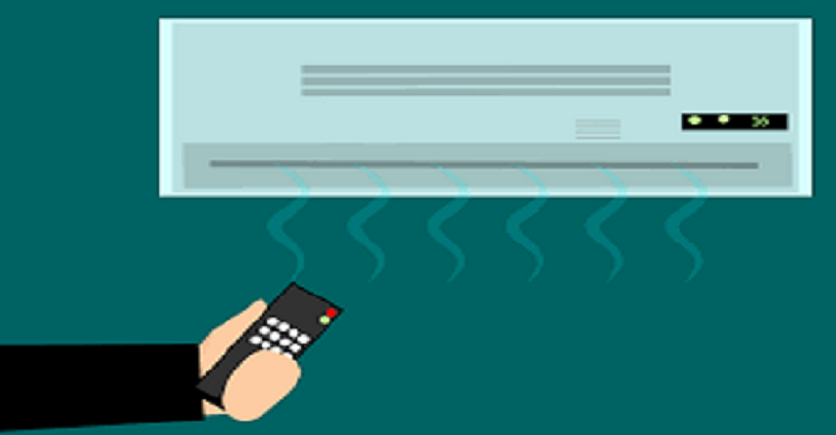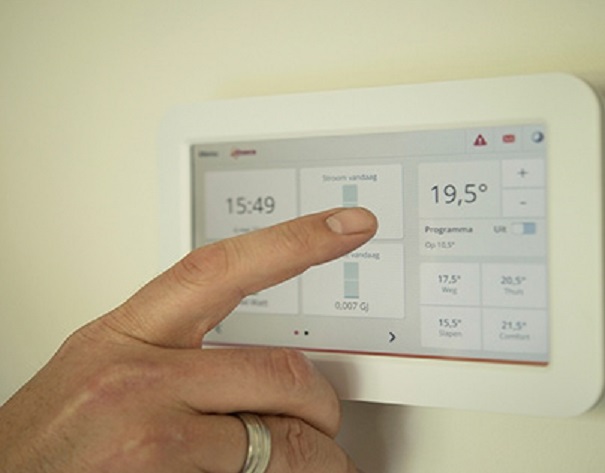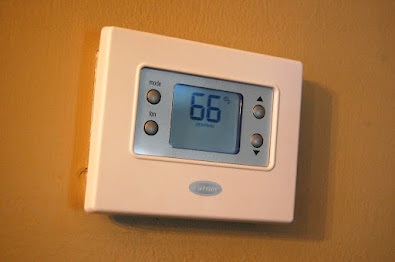10 Tips to Keep the AC Running Efficiently
Like most people, you probably have an AC unit in your home that runs on batteries. But if you don't keep the AC running efficiently, your home can start to smell bad, and it can get expensive to repair or replace the unit. So here are 10 tips to help keep the AC running efficiently:
We Can Keep the AC Running efficiently with These Tips
AC's efficiency is imperative to both the comfort level and operating cost of your home. These tips will help ensure that your air conditioning system runs efficiently throughout the year.
1. Make sure there is adequate airflow throughout your home
Having good ventilation not only helps keep cool inside your house but also helps prevent dust buildup and allergens in the air. In addition, if your AC isn't working efficiently, you may spend monthly money on utilities to run it. So, ensure you have enough vents to help provide ample airflow throughout your home.
2. Clean out your filters regularly
In addition to cleaning filters manually, you should use a vacuum cleaner with a brush attachment to clean them out regularly. Filters collect dirt over time, which could cause dirty air to enter your residence. In addition, dirty filters can affect the efficiency of your heater/AC unit.
3. Be careful about how often you open windows and doors
You don't want to leave windows open for long periods or let cold air seep into your home if you're away from your place for several hours at a time. On the other hand, opening windows and closing them can help control your heating costs. If you need to open windows, ensure they close completely before leaving your home.
4. Don't overload your furnace
A running furnace requires lots of electricity and makes a lot of noise. Avoid turning the thermostat down low if you've recently had anyone else stay over at your place. You aren't using extra power to keep the temperature high. Instead, get someone to spend the night with you at your home, or turn off the lights while they sleep.
5. Do what you can to keep your home warm
Your thermostat should always be set at no higher than 78 degrees Fahrenheit whenever possible. Have blankets on hand if you find yourself getting chilled. Also, avoid opening windows and letting cold air in since that's likely to increase your energy bill. And finally, if you can afford it, consider investing in a programmable thermostat that automatically adjusts the temperature based on your schedule.
6. Check your air ducts for clogs
Many people put off maintenance until their HVAC system breaks down and starts making noises. But, if you check your ducts now, you'll be able to fix any problems early on. While you wait for your contractor to show up, take some pictures of your ductwork to make sure everything looks okay. Then, go online to look for videos showing how to remove clogs.
7. Give your humidifier a little love
Humidifiers work best when they're kept full. When they're empty, you'll notice condensation forming right on top of the device. So try to fill up your humidifier as much as possible, especially if you live in dry weather. Keeping your bathroom ventilated can help keep your HVAC system happy and free from mold.
8. Check Fuse Boxes
If you have any electrical appliances plugged in around your home, check fuses in case those appliances cause the problem. Disconnecting these items may solve the issue temporarily.
9. Maintain High-Efficiency Filters
Many people don't realize that their air conditioner filter could cause a power loss if not changed regularly. You want to change your filters monthly and clean them weekly. By taking these small steps, you can extend the life of AC unit.
10. Set Your Thermostat Low Enough
You should set your thermostat just below what feels comfortable inside the house. For example, if you feel cold while sitting at the computer, turn down the thermostat 1 degree. Check our site temperature calculator to find out how much colder it feels at various temperatures.
Bottom Line
- Keep the air exchanges open by keeping windows open and the furnace on.
- Try to use room heaters if possible.
- Check the breaker frequency and turn it off when not needed.
- Clean the filters regularly and change them if necessary.
- Ensure that the cords are properly plugged in, and the outlets are close to each other.





Comments
Post a Comment